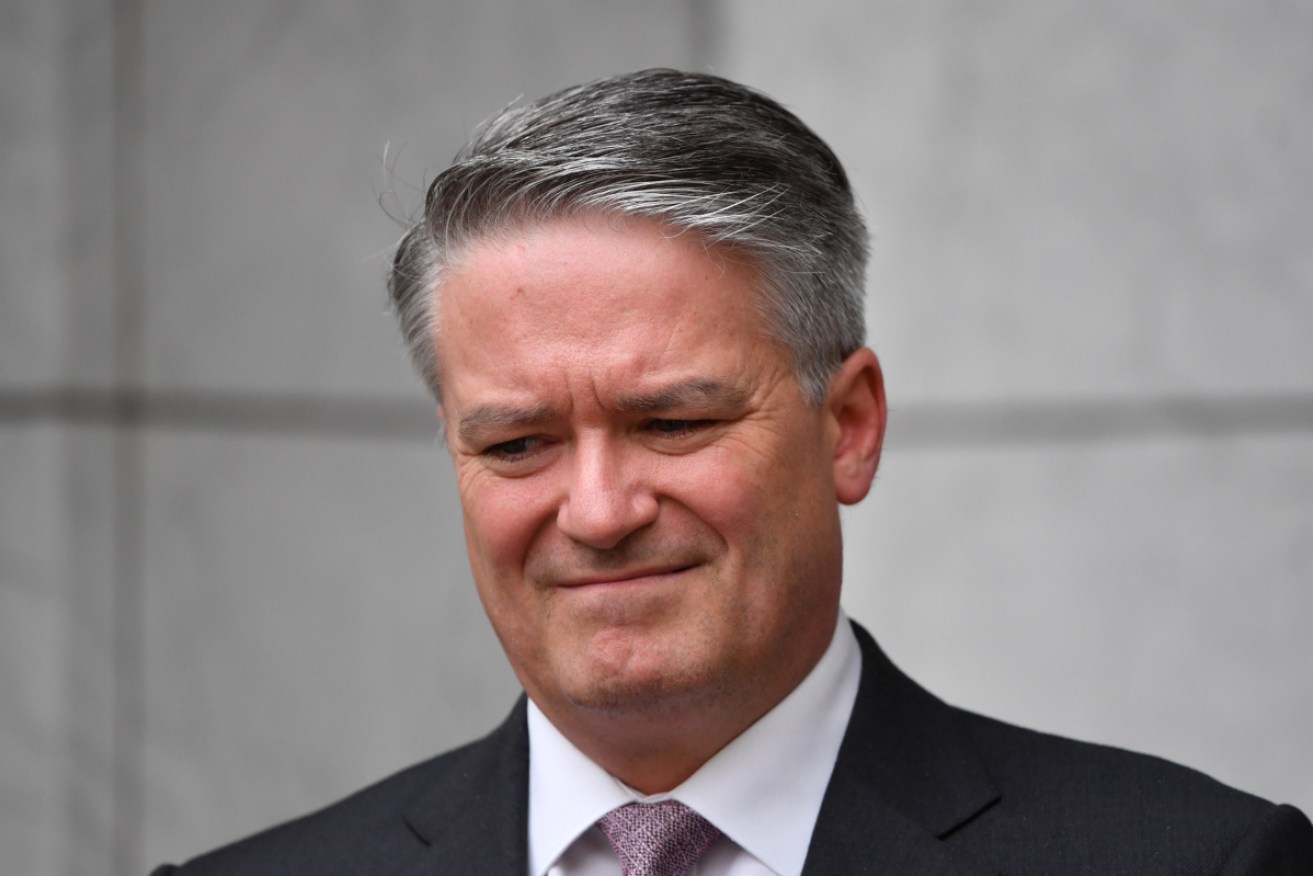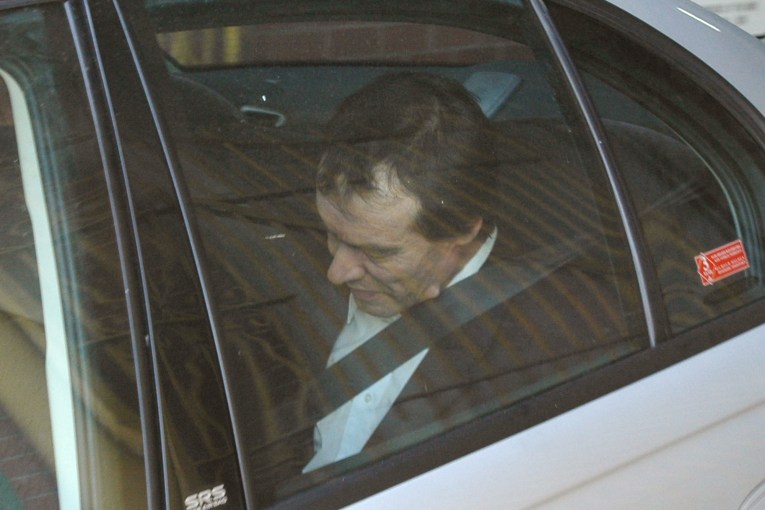Paul Bongiorno: Poor climate for Australia’s OECD ambitions


Outgoing Finance Minister Mathias Cormann must overcome his record on climate to land the OECD job. Photo: AAP
In three weeks’ time Mathias Cormann will formally quit as Finance Minister and head off to Europe for some heavy lobbying to become the next Secretary General of the Organisation for Economic Co-operation and Development.
The Liberals’ record in government of climate change action vandalism will make it mission impossible.
The repeal of the Gillard government’s market-based carbon pricing mechanism on the pretext of axing a tax and the coup against Malcolm Turnbull’s prime ministership for daring to threaten fossil fuels have not been missed in Europe.
The organisation sees the fate of the planet in much broader terms than geo-political rivalry between China and the “free world” led by the United States of America.
For more than 20 years the OECD has identified the climate crisis as a huge threat to the prosperity of the world’s nation states, if not the longer-term survival of the human species.

Finance Minister Mathias Cormann will be Australia’s nomination for the next secretary-general of the OECD. Photo: TND
Back in 2012, in the organisation’s international forums, Australia’s ministers were praised for taking up its strengthening encouragement for countries to put a price on carbon.
Australia’s front running came to a shattering halt with the Abbott government’s 2014 repeal of the carbon price and our emissions reductions slowed dramatically.
And if the latest budget is any guide to the weight the Australian government gives to climate change, then candidate Cormann is in trouble no matter which of the four European languages he has mastered he argues to the contrary.
There was only one mention of climate change in the budget and that was in a footnote relating to not very much, certainly not to the sort of urgency the OECD has been pressing.
Scott Morrison claims there “has been a lot of misinformation about Australia’s record” and our track record compares “very favourably with the performance of other nations around the world”.
In a year that began with climate-fuelled catastrophic bushfires, this approach has left many in regional Australia incredulous.
Comparing ourselves with international laggards certainly can’t convince the experts in Paris where the OECD is headquartered.
Federal regional Independent MP Helen Haines is pushing a Local Power Plan that would establish 50 hubs in centres across Australia. It would support communities to develop their own renewable energy projects and share in the millions of dollars generated.
Under my #LocalPowerPlan, these solar farms would be built together with the local community, and locals would have the chance to invest so they too could share in the benefits of a $400 million investment. Let’s make renewables work for the regions. https://t.co/ta7ksAsPK0
— Helen Haines MP (@helenhainesindi) October 10, 2020
The Queensland state election isn’t helping Senator Cormann’s cause.
Central Queensland graziers Will and Dorothy Graham are calling on the state government to stop spruiking coal and embrace renewable energy.

Will and Dorothy Graham run Withersfield Station, a 50,000 hectare cattle station near Emerald in Queensland. Photo: Russell Talbot/ABC
The Grahams have had to cut their stocks as drier and hotter years batter their business.
Will Graham told the ABC that as the temperatures rise they would adapt “but it won’t be much fun on a 45-50C day, I can tell you”.
The national Farmers for Climate Action (FCA) say the budget was a missed opportunity.
The FCA says the European Union is spending “per capita almost nine times more than the Australian government proposes to invest in a climate-smart economy”.
Both Mathias Cormann and Scott Morrison as senior ministers in the Turnbull government supported his National Energy Guarantee with its proscribing of emissions. The fact they have come nowhere near replacing it unmasks their half-baked climate agenda.
Senator Cormann is still waiting for the Labor opposition to formally support his candidacy. Without it, Australia’s chances would be weaker than they already are.
Anthony Albanese is understood to be predisposed, but the Liberals’ meanness in snubbing Kevin Rudd’s United Nations ambition is niggling many in the caucus.
In the meantime, the bushfire season has already begun.
Paul Bongiorno AM is a veteran of the Canberra Press Gallery, with 40 years’ experience covering Australian politics








